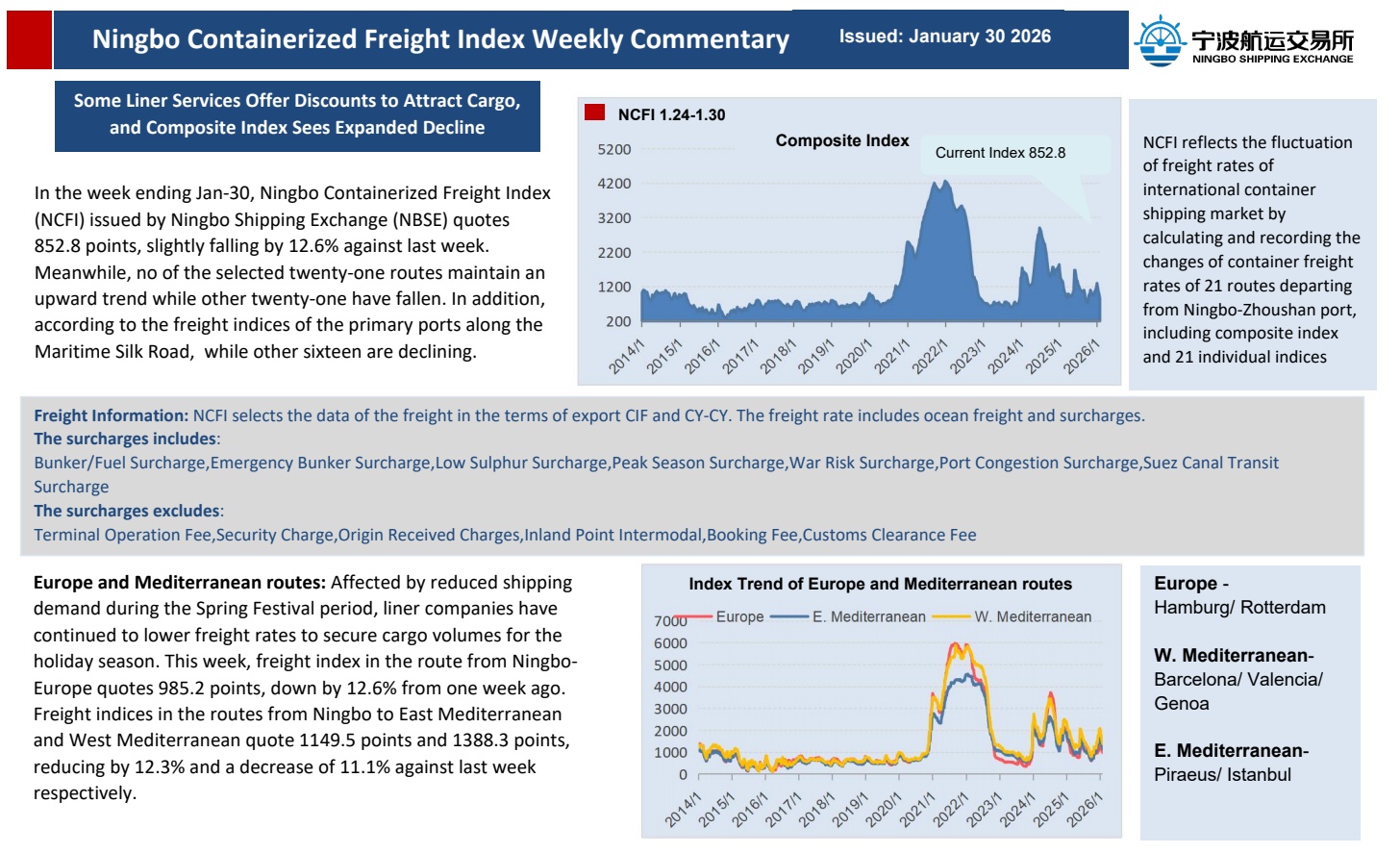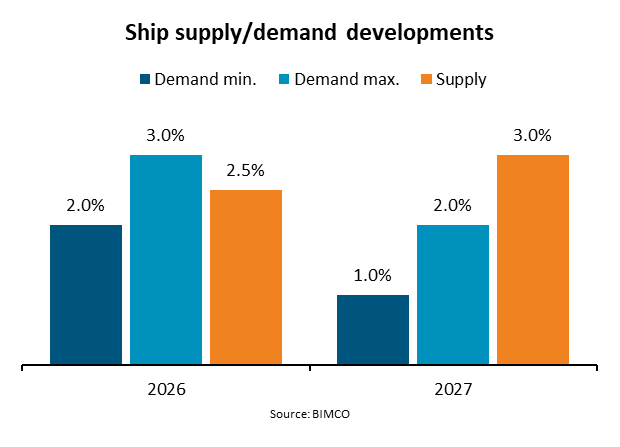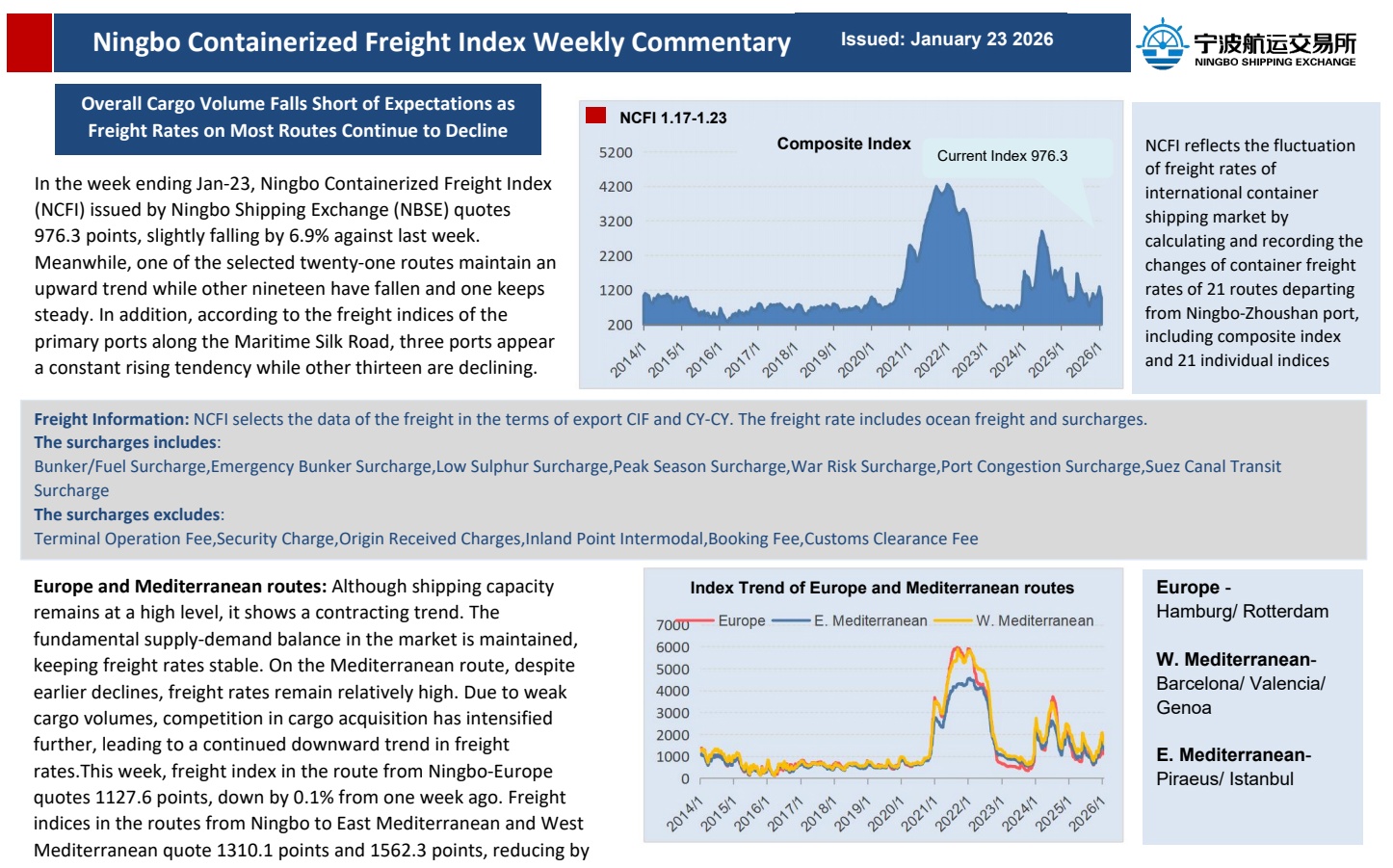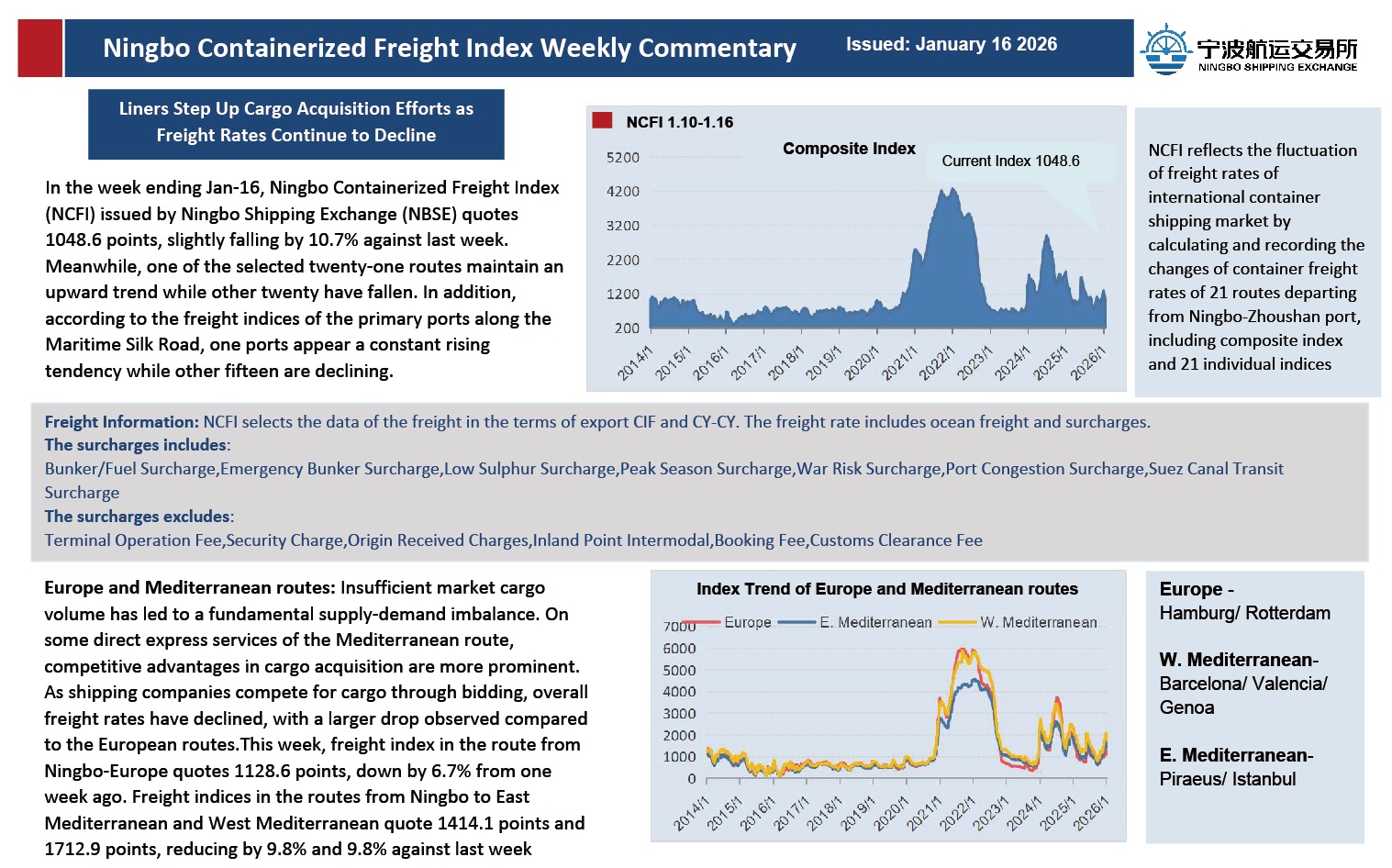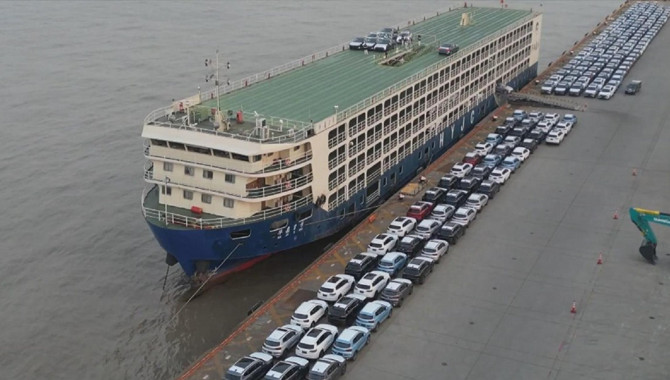
China's shipbuilders are ramping up production of car carriers to keep up with racing demand in the worldwide market.
For international shipbuilders, specialist car carriers are a relatively niche market, and in the recent past only a handful would be built globally every year. At the end of 2022, however, there were 74 car carriers on order globally, with another 17 ordered in January this year.
The sudden spike in demand has caught veteran shipbuilders, like 100-year-old CSSC Jiangnan Shipbuilding which built the country's first car carrier in 1988, by surprise.
For more than 30 years after building the first car carrier, Jiangnan Shipbuilding was not commissioned to build another one until last year, when it signed a deal for eight ships with SAIC Anji Logistics, the logistics arm of SAIC Group, China's biggest car maker.
Jiangnan Shipbuilding is not the only shipbuilder surprised by the increase. At present, almost all other major shipyards are also working orders for car carriers.
"It's also my first time to see such a boom in car carriers. At the end of last year, China's holding orders exceeded 100 million deadweight tons (dwt) for the first time. Current handheld orders of major shipyards have been scheduled to the year 2025, or even 2026," said Zheng Yiming, director of the statistics and information department at the China Association of the National Shipbuilding Industry.
Orders for car carriers are also flooded into shipbuilders in Shanghai, China's economic hub. In Shanghai Waigaoqiao International Auto Terminal, the growing market for the ships can be seen in the tens of thousands of new cars waiting to be loaded on board car carriers docked at the port.
"About two hours from now, this will all be filled up again. Today our planned export volume is scheduled to be more than 6,900 units, I mean, just for one day and night," said Liu Jietao, department manager with Shanghai Haitong International Automotive Logistics Co., Ltd.
According to Liu, Shanghai port used to almost exclusively handle cars imported from abroad in the past. With few exports, loaded car carriers arrived from overseas producers and left Chinese ports virtually empty.
With China surpassing Germany in 2022 to become the second-largest car exporter in the world after Japan and auto exports surging 54.4 percent to 3.11 million vehicles, the demand for car carrier capacity in China has exploded.
"At present, there is a serious imbalance between supply and demand. The annual export volume of China-made cars hit over 3 million, but there are probably only 700-800 ro-ro car carriers in the world," said Shi Song, head of the marketing division at the international business department of SAIC Anji Logistics Co., Ltd.
Shi said that their initial plan was to buy used ships, but the only carriers available were too expensive. After considering leasing capacity, the company realized that commissioning a new ship was the most cost-efficient option.
"This is the change curve of the freight rate index for car carriers. Last year, the index showed a sharp growth, from 38,500 U.S. dollars per day at the beginning of the year to 110,000 U.S. dollars per day at the end of last year, and even now the trend has no sign of falling," said Zheng Yiming.
With China's auto export entering a period of rapid growth, China's ship builders are big beneficiaries. This year, COSCO Shipping Specialized Carriers Co., LTD. has ordered fifteen 7,500 CEU (car equivalent unit) dual-fuel car carriers from Guangzhou Shipyard International, Xiamen Shipbuilding Industry and Shanghai Waigaoqiao Shipbuilding.
Automaker BYD has ordered eight car carriers, and another domestic brand Chery has also announced it intends to order new car carriers.
Source: CCTV
The opinions expressed herein are the author's and not necessarily those of The Xinde Marine News.
Please Contact Us at:



